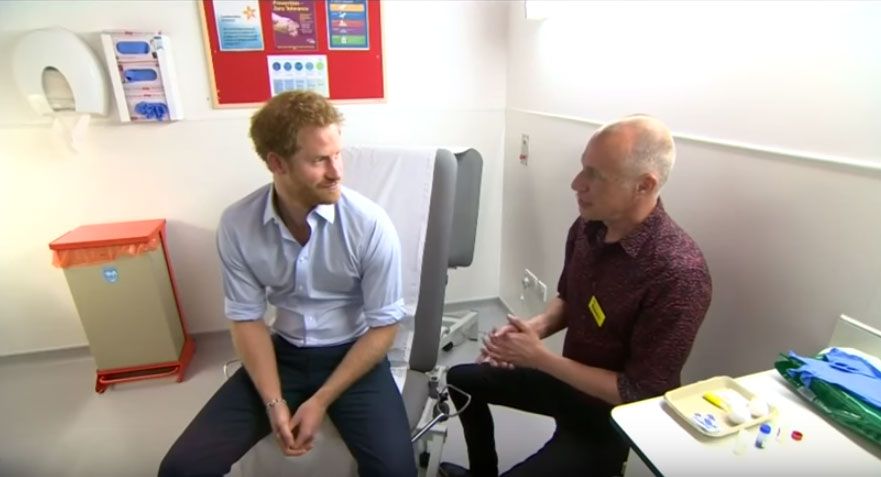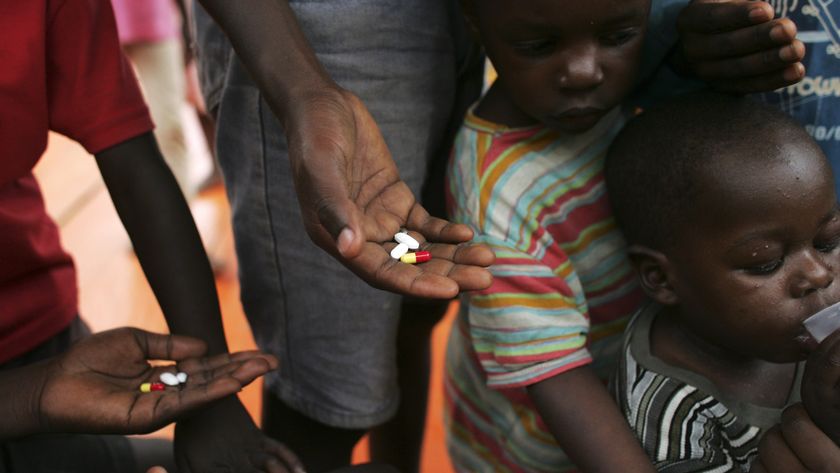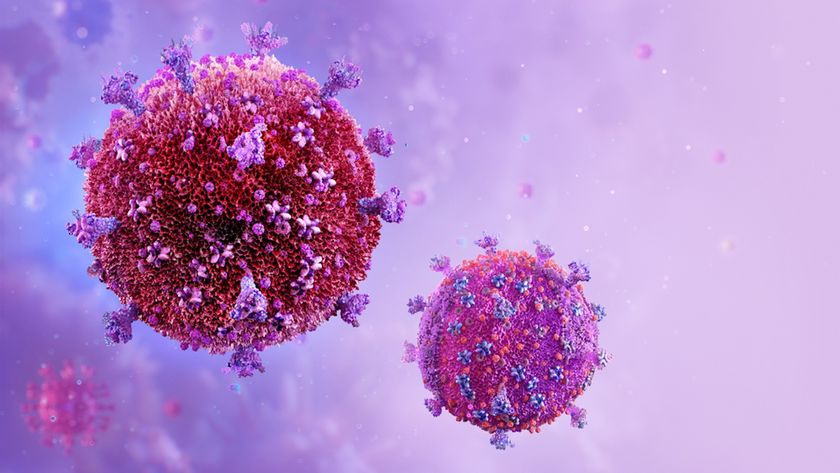Prince Harry Checks HIV: Who Else Should Get Tested?

Member of the British royal family Prince Harry took an HIV test this week, with the goal of destigmatizing testing for the virus. But exactly who should get screened for HIV, and how often?
The prince's test, which was broadcasted on Facebook Live yesterday (July 14), took just a few minutes, and the results were negative.
"If you're a man, woman, gay, straight, black, white, whatever — even ginger — why wouldn't you come and have a test?" Prince Harry said. "If we're trying to destigmatize the testing, my understanding is … to normalize this situation, surely it's better that everybody goes and gets tested," he said.
Prince Harry is correct that everyone should get an HIV test at some point; in the United States, the Centers for Disease Control and Prevention (CDC) recommends that people ages 13 to 64 get tested for HIV at least once as part of their routine health care, regardless of their risk of contracting the virus.
About one in eight people with HIV in the U.S. don't know they're infected with the virus, according to the CDC.
Even people in monogamous relationships should find out for sure if either they or their partners are infected with HIV by getting tested once, the CDC said. [Quiz: Test Your STD Smarts]
People should be tested more often if they have certain risk factors. For example, people should get tested for HIV at least once a year if:
Sign up for the Live Science daily newsletter now
Get the world’s most fascinating discoveries delivered straight to your inbox.
- They had sex with more than one partner since their last HIV test
- They had sex with an HIV-positive person
- They are a man who had sex with another man
- They injected drugs and shared needles with others
- They were diagnosed with or sought treatment for another sexually transmitted disease
- They were diagnosed with or treated for hepatitis or tuberculosis
Gay and bisexual men who are sexually active may benefit from more frequent HIV testing, about every three to six months, because this population is at higher risk of contracting HIV, the CDC said.
Women who are pregnant should also be tested for HIV, the CDC said. Doctors can then take precautions to reduce the risk that the virus will be passed from the mother to the child during pregnancy or childbirth, the CDC said.
Original article on Live Science.

Rachael is a Live Science contributor, and was a former channel editor and senior writer for Live Science between 2010 and 2022. She has a master's degree in journalism from New York University's Science, Health and Environmental Reporting Program. She also holds a B.S. in molecular biology and an M.S. in biology from the University of California, San Diego. Her work has appeared in Scienceline, The Washington Post and Scientific American.











